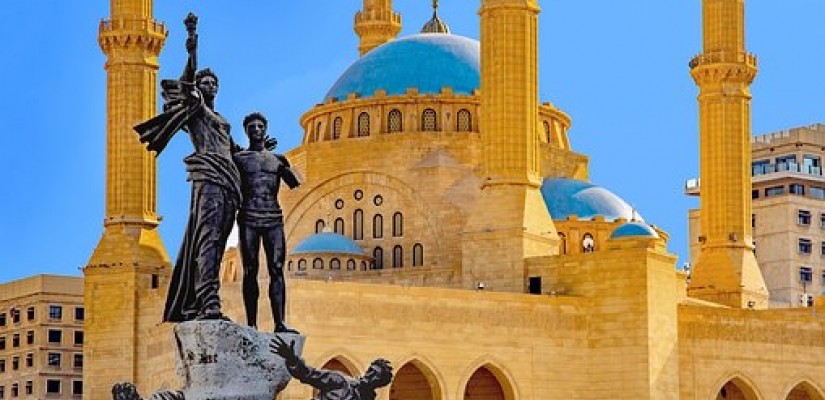
Nationwide protests spread across Lebanon, for the second time this month, over the government’s handling of the economic crisis. Schools, banks, and businesses have shut down, and Prime Minister Saad Hariri has canceled a cabinet meeting scheduled to discuss the 2020 draft budget, as some of the protests have turned into riots, with demonstrators setting buildings on fire, and smashing windows. The small Arab country has been suffering from economic turmoil for years, plagued by the third highest debt in the world, at $86 billion, or 150% of its GDP, and an unemployment rate among those under 35 at an astounding 37%.
International donors have pledged significant loans to help Lebanon, on the condition that economic changes be implemented, but politicians have failed to enact sufficient reforms, and have instead been known to use state resources for their own political gains. The Lebanese people have long been fed up with the economic crisis and the government’s mismanagement of resources, but the government’s decision to tax WhatsApp calls to collect money was the final straw. Protests have reached nearly all parts of Lebanon, with people chanting for the downfall of the regime.
